Is Your Post-Pregnancy Belly Bulge a Sign of Diastasis Recti?
If you had a baby months ago and have a belly bulge that won't go away, it could be a sign of diastasis recti—a separation of your abdominal muscles. See how it's treated.

By Michelle Peshick, MPT, CLT, PRPC, CAPP-P, Physical Therapist, Pelvic Rehab Specialist, Certified Lymphedema Therapist, Virtua Physical Therapy & Rehabilitation
You gain weight over 9+ months of pregnancy, so it’s normal to take 9+ months to get back your pre-pregnancy body after your baby is born. However, a belly bulge that doesn’t go away for months after delivery can be a sign of diastasis recti—a separation of your abdominal muscles.
The normal separation between your abdominal muscles is about 0.5 – 1 centimeter, or about one finger width. Diastasis recti causes your belly to bulge because the gap between your left and right abdominal muscles widens to the width of two fingers or more.
What causes diastasis recti?
Your abdominal muscles usually meet in the middle of your abdomen. When you’re pregnant, hormonal changes allow the connective tissue to thin and stretch so your belly can expand. As a result, your growing uterus causes your abdominal muscles to separate and move aside. In the case of diastasis recti, your abdominal muscles are so stretched that they don’t fully come back together after pregnancy.
Although diastasis recti is common after pregnancy and affects about two-thirds of pregnant women, it also occurs in newborn babies and men. Men can develop diastasis recti from straining during exercises such as sit-ups or weightlifting, or other activities that cause abdominal strain.
Who’s at risk for diastasis recti?
You might be at a higher risk for developing diastasis recti if:
- You have more than one child
- Your children are close in age
- You’re older than age 35 when you’re pregnant
- You’re pregnant with multiples (twins, triplets)
- You have a heavy baby
- You have a small body frame
- You had diastasis recti during a previous pregnancy
What are the symptoms of diastasis recti?
A belly bulge that doesn’t go away eight weeks after delivering your baby is the most noticeable symptom of diastasis recti. You may see a bulge pop outward or a hollow space along the midline of your abdomen. This bulge can occur with even minimal activation of your belly muscles.
Diastasis recti can lead to pelvic organ prolapse (when your pelvic organs drop out of their proper place) because the abdominal muscles can’t support your spine, bowels, bladder, and other internal organs. The condition can also lead to other problems, including:
- Constipation
- Low back pain
- Urinary incontinence
- Abdominal soreness
Severe cases of diastasis recti can lead to a hernia—which occurs when your internal organs or tissues poke out of a hole that develops in your abdominal wall—that requires surgical treatment.
Can you prevent diastasis recti?
Your risk for developing diastasis recti depends on several factors you can’t control. However, you might be able to lower your risk by avoiding excess strain on your abdominal muscles during pregnancy.
- Avoid doing crunches and other intense abdominal exercises after your first trimester.
- Use proper body mechanics when lifting older children, sitting up in bed, and exercising.
- Maintain abdominal strength during pregnancy with gentle abdominal exercises like pelvic tilts and Kegel exercises.
After pregnancy, give your belly time to heal and avoid doing any abdominal exercises—especially crunches—until you get approval from your OB/GYN provider. You should also discuss what exercises are safe for you.
How is diastasis recti treated?
The first step in treating diastasis recti is determining the extent of your abdominal separation. To measure the separation, your OB/GYN provider will check whether two fingers fit in the space between your abdominal muscles. Treatment often includes physical therapy focusing on exercises, core stability, and proper bracing. In more severe cases, surgery may be necessary.
Your physical therapy treatment plan may include:
- Gentle abdominal exercises
- Wearing an abdominal binder or a support belt that is worn around your belly
- Manual physical therapy techniques to loosen tight or tender abdominal muscles
- Taping for abdominal support and to cue core strengthening
- Learning to monitor abdominals during exercise and activities to prevent worsening the gap in the muscle
Because every woman’s body responds differently to physical therapy and each case of diastasis recti is different, the length of physical therapy treatment is different for everyone. Physical therapy is especially beneficial for women with minor abdominal separations who want to treat diastasis recti before becoming pregnant again.
If you’re dealing with a belly bulge after pregnancy that won’t go away, or you have a more severe case of diastasis recti that doesn’t respond to physical therapy, you may need surgical treatment. Talk with your OB provider about your treatment options.
Connect With Virtua Physical Therapy and Rehabilitation
To schedule a consultation with Virtua Physical Therapy & Rehabilitation, call 855-847-8821.
There's So Much More to Explore
Discover expert insights, inspiring stories, health tips, and more by exploring the content below!
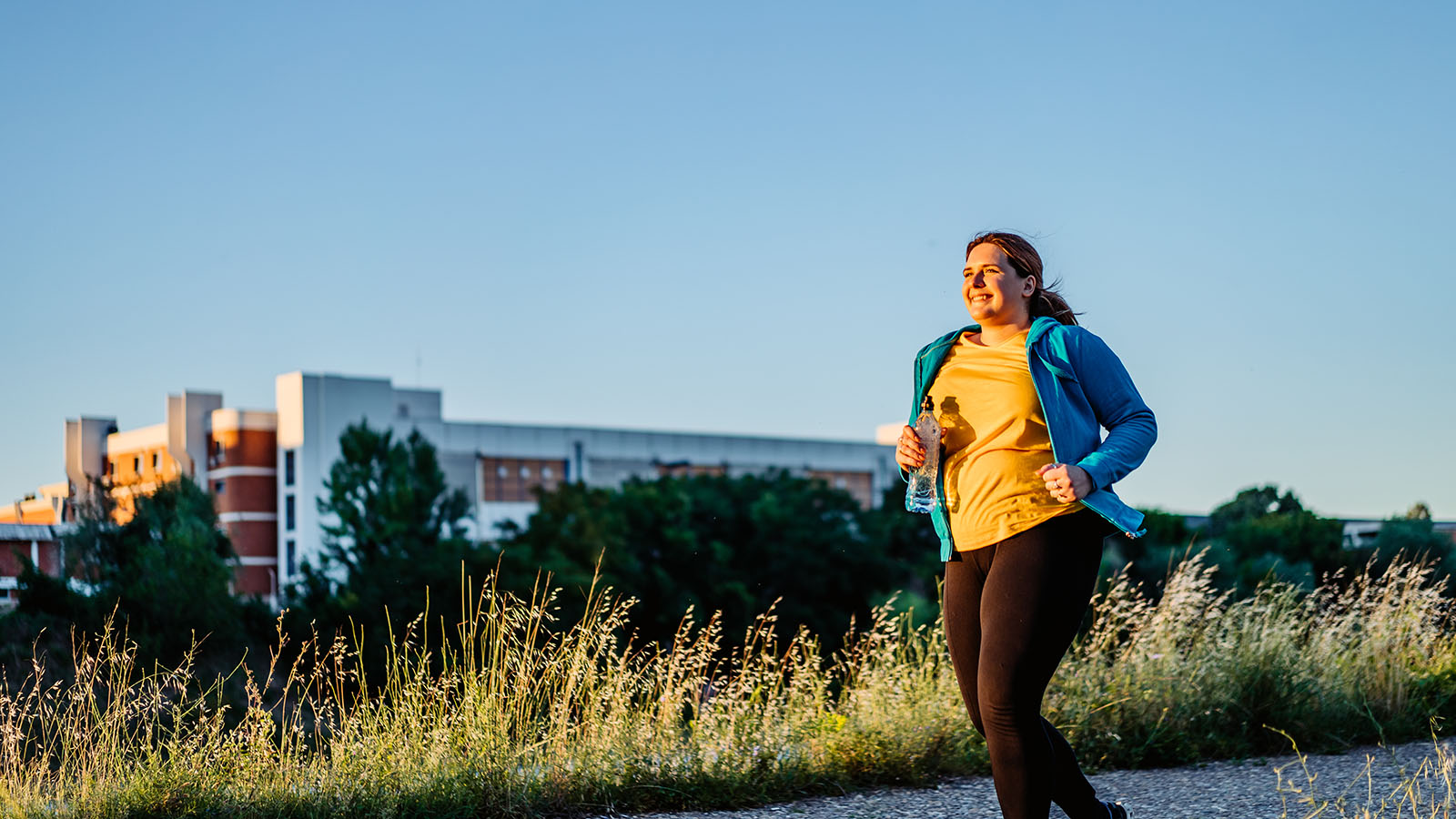
Weight-Loss Medications vs. Bariatric Surgery: What's Right for You?

Can Your Gut Health Affect Your Heart?

Benefits of Fiber: How to Increase Fiber Intake for Better Health

How to Use OTC Pain Relievers Safely: Acetaminophen vs. NSAIDs Explained

Understanding Food Addiction: Causes, Symptoms, and Recovery Strategies

CASTLE Children's Mental Health Services Helps Josie Overcome Severe Anxiety and Regain Confidence

The Weird Pregnancy Side Effects No One Tells You About

At-Home Colon Cancer Tests vs. Colonoscopy: Which Screening Option Is Right for You?

10 Hand Washing Tips to Keep You Healthy All Year
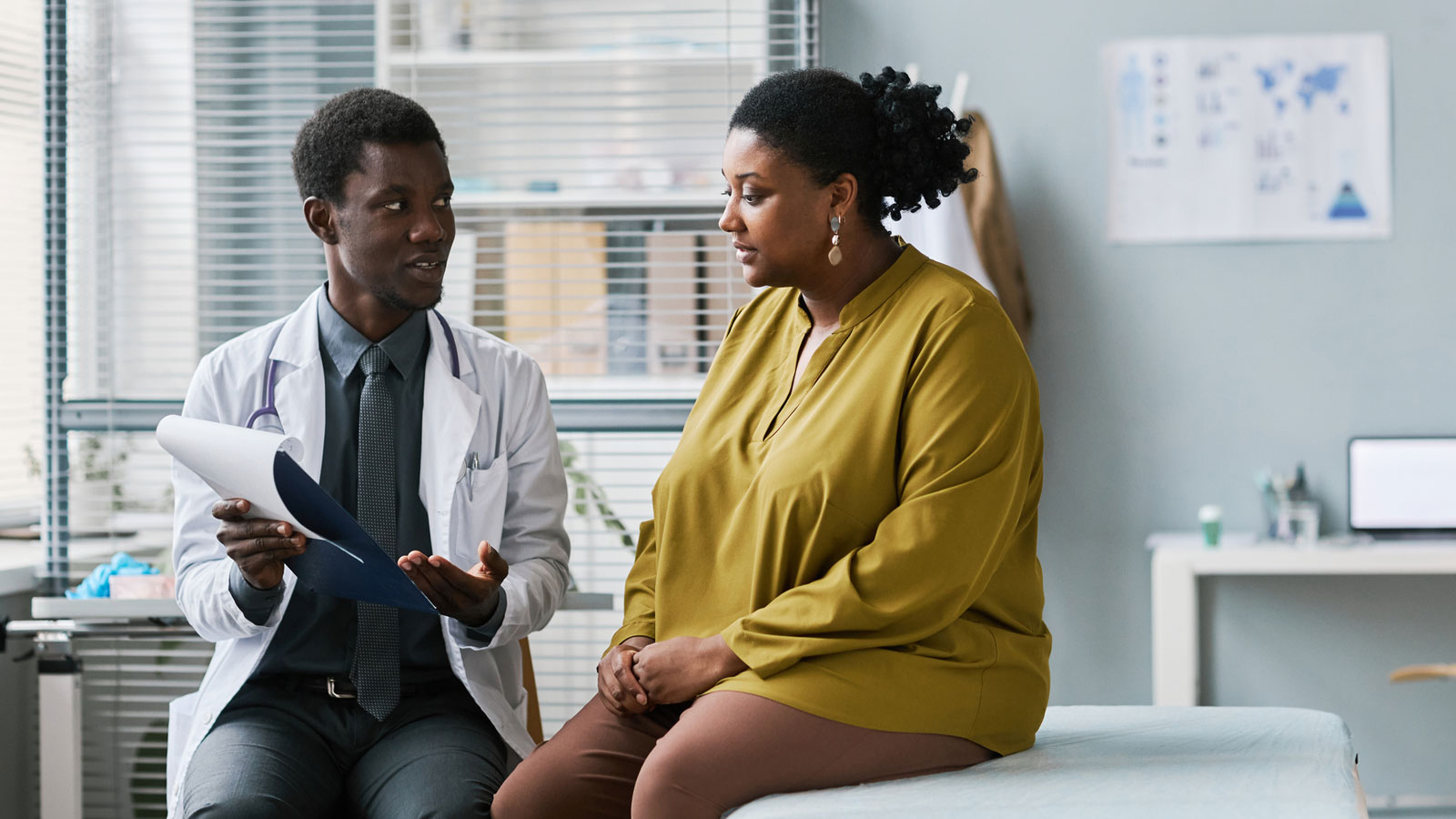
8 Signs It's Time to See a Gastroenterologist

How the Unique Stages of a Woman's Heart Affect Her Health

Cervical Cancer Screening Guidelines: What You Need to Know

HeartTalk Magazine

How to Spot the Early Signs and Symptoms of a Stroke

How Weight-Loss Surgery Can Improve Diabetes, Heart Health, and More

How to Achieve Your Health Goals This Year

Knee Replacement Rehab: 7 Exercises to Restore Your Strength and Range of Motion

COPD vs. Asthma: Understanding the Difference in Symptoms

Caregiving During the Holidays: Ways to Manage Stress and Find Joy

Bioidentical Hormone Replacement Therapy Pellets: Relief for Menopause and Andropause Symptoms

Why Is Sex Painful During Pregnancy? Pelvic Congestion Syndrome Explained

COVID-19 Vaccines and Pregnancy: FAQs

Don't Drink Alcohol? You Could Still Get Fatty Liver Disease
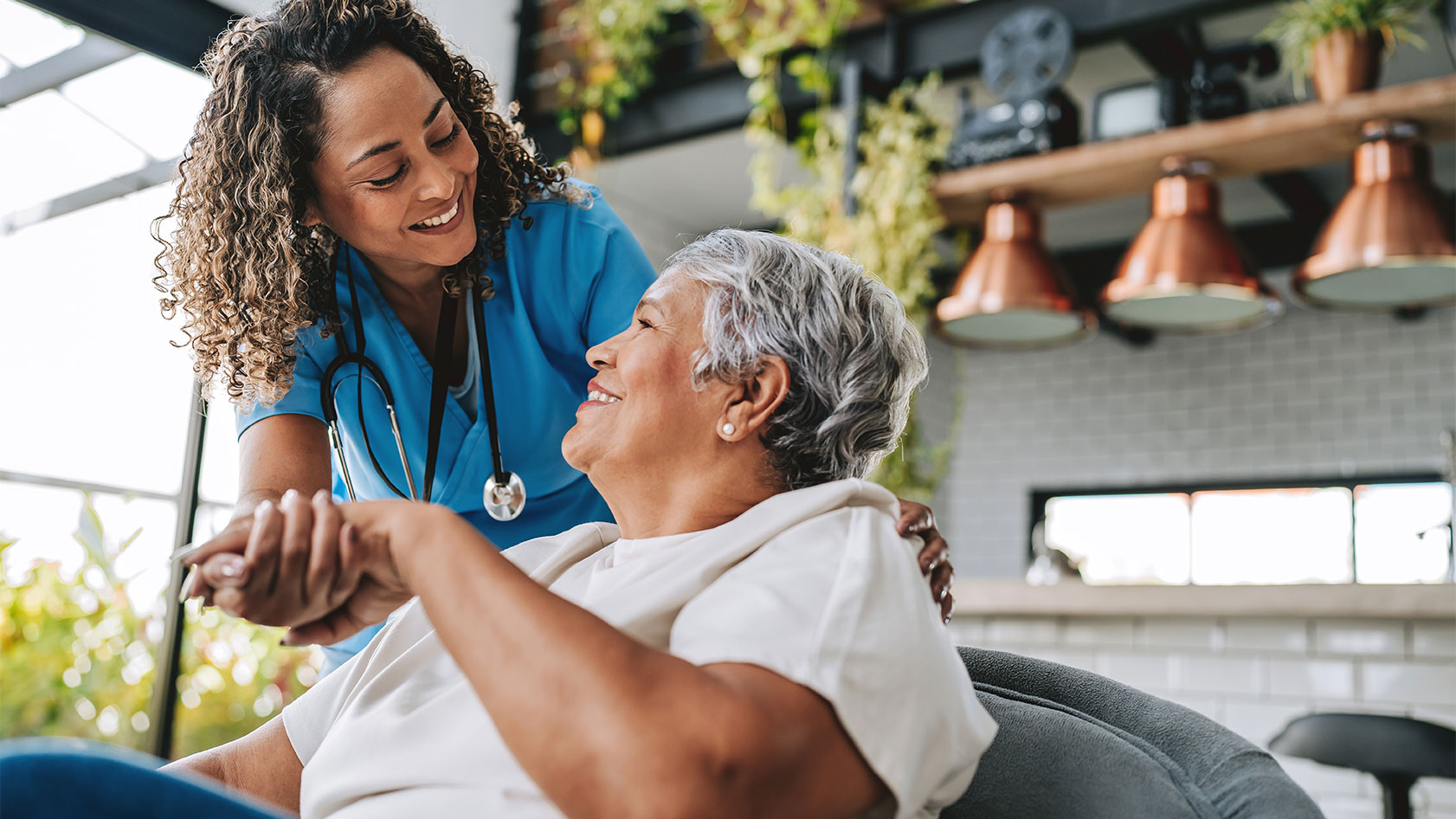
What Is the Difference Between Palliative Care and Hospice Care?

How to Exercise Safely with Asthma: Tips, Triggers, and Rescue Inhaler Use

How to Relieve Bloating Fast: Simple Tips for Quick Comfort

COMFORTing Tips to Avoid Holiday Heartburn
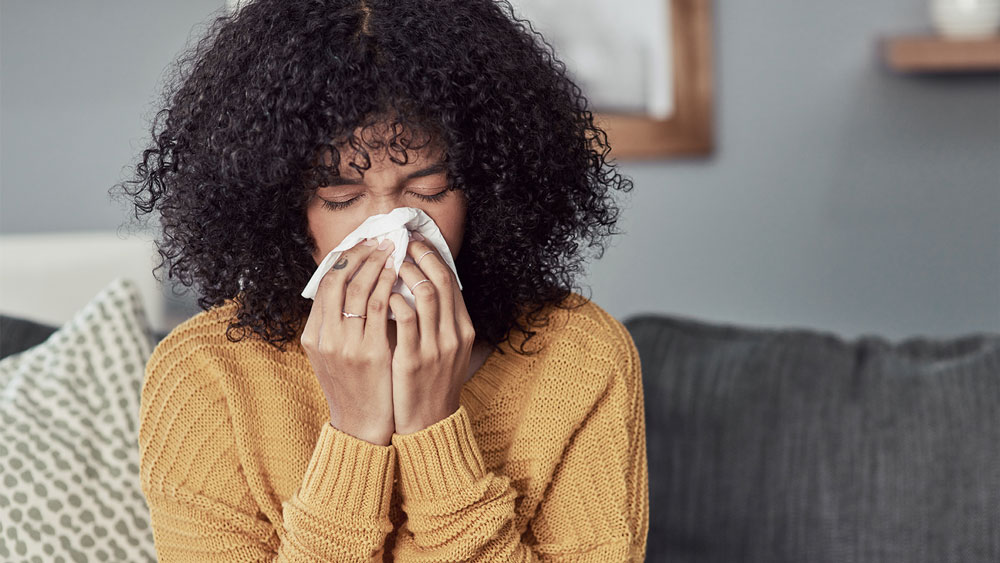
How to Tell the Difference Between Cold, Flu, and COVID-19

Jill Travels From Delaware to South Jersey for Advanced Lung Care

4 Exercise Tips to Help You Reverse High Blood Pressure

From Exhaustion to Empowerment: Tracy's Hormone Replacement Therapy Success Story

Why on Earth Am I Always So Cold?

Daily Wellness Checklist: Simple Habits for Feeling Good Inside and Out

Timely Heart Care During a Heart Attack Helps Joe Feed the Community

Allegra Is Thriving With Crohn's Disease

The Best and Worst Foods for Acid Reflux

How to Manage IBS Symptoms and Feel in Control Again

5 Types of Lung Disease: Symptoms, Causes, and Prevention Tips

Foods to Enjoy and Avoid for GLP-1 Heartburn

Sexual Health FAQs: The Questions Everyone’s Too Embarrassed to Ask

3 Reasons Why Now's the Time to Find Relief From Varicose Veins

Baseball Coach Turns Male Breast Cancer Surprise into Personal Mission

The Brain Health Checklist: 11 Questions Everyone Should Ask
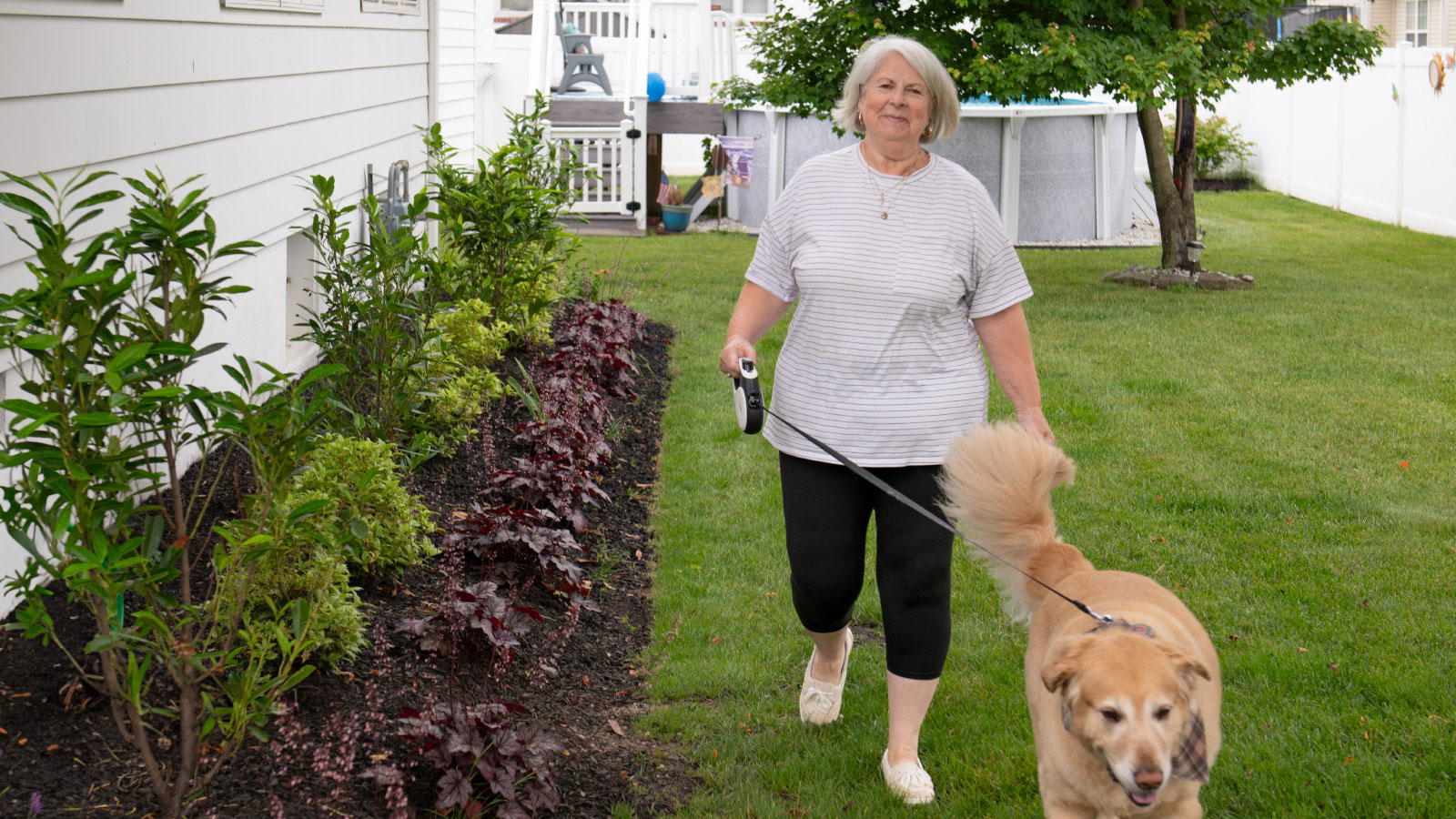
From Caregiver to Patient: Robotic Surgery Relieves Teresa's Knee Pain

How to Get and Stay Healthy This Fall

How to Reverse Prediabetes and Prevent Type 2 Diabetes
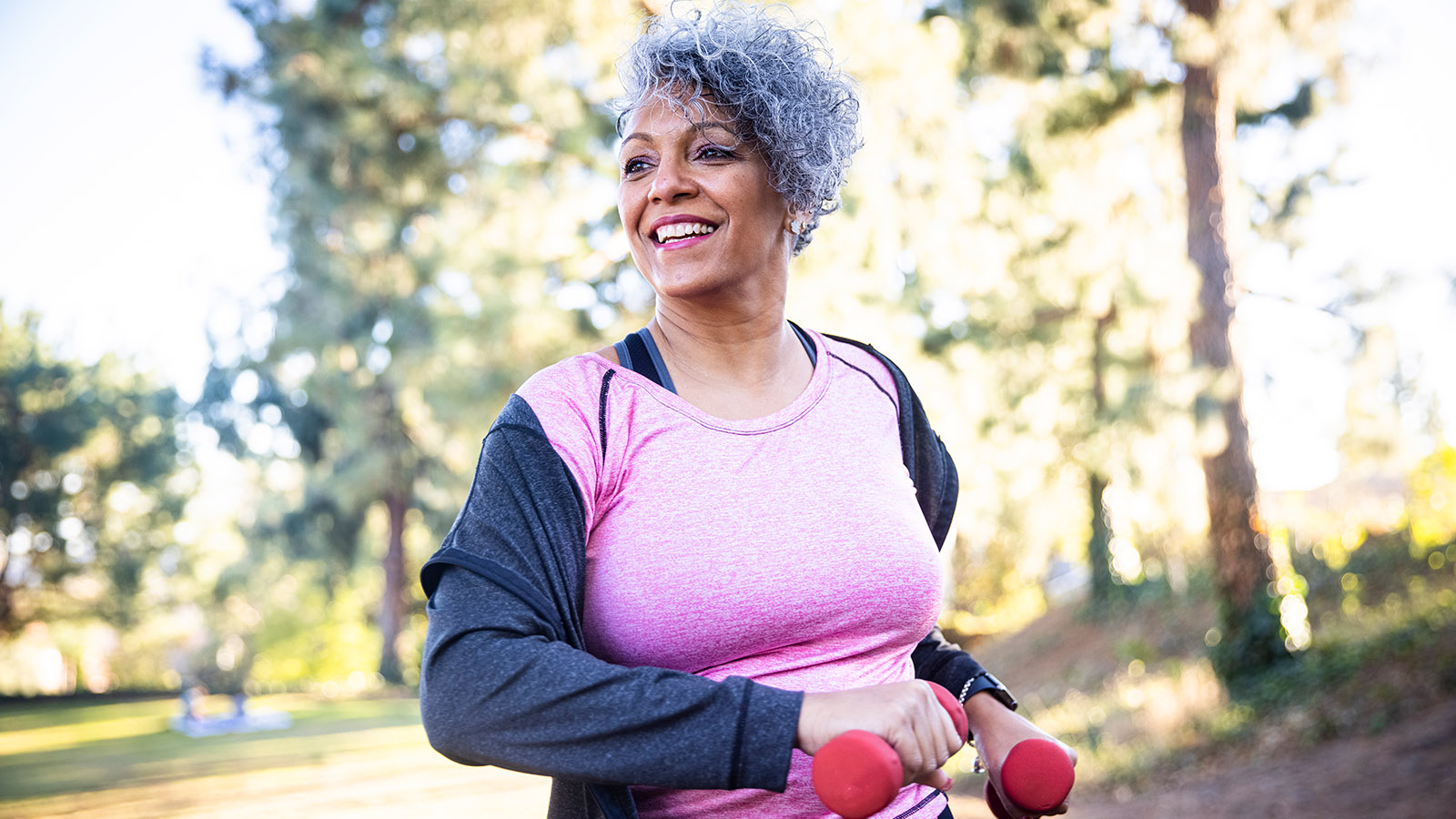
6 Ways to Get More Out of Your Daily Walk

Young Breast-Cancer Survivor Has New Hope for Healthy Future
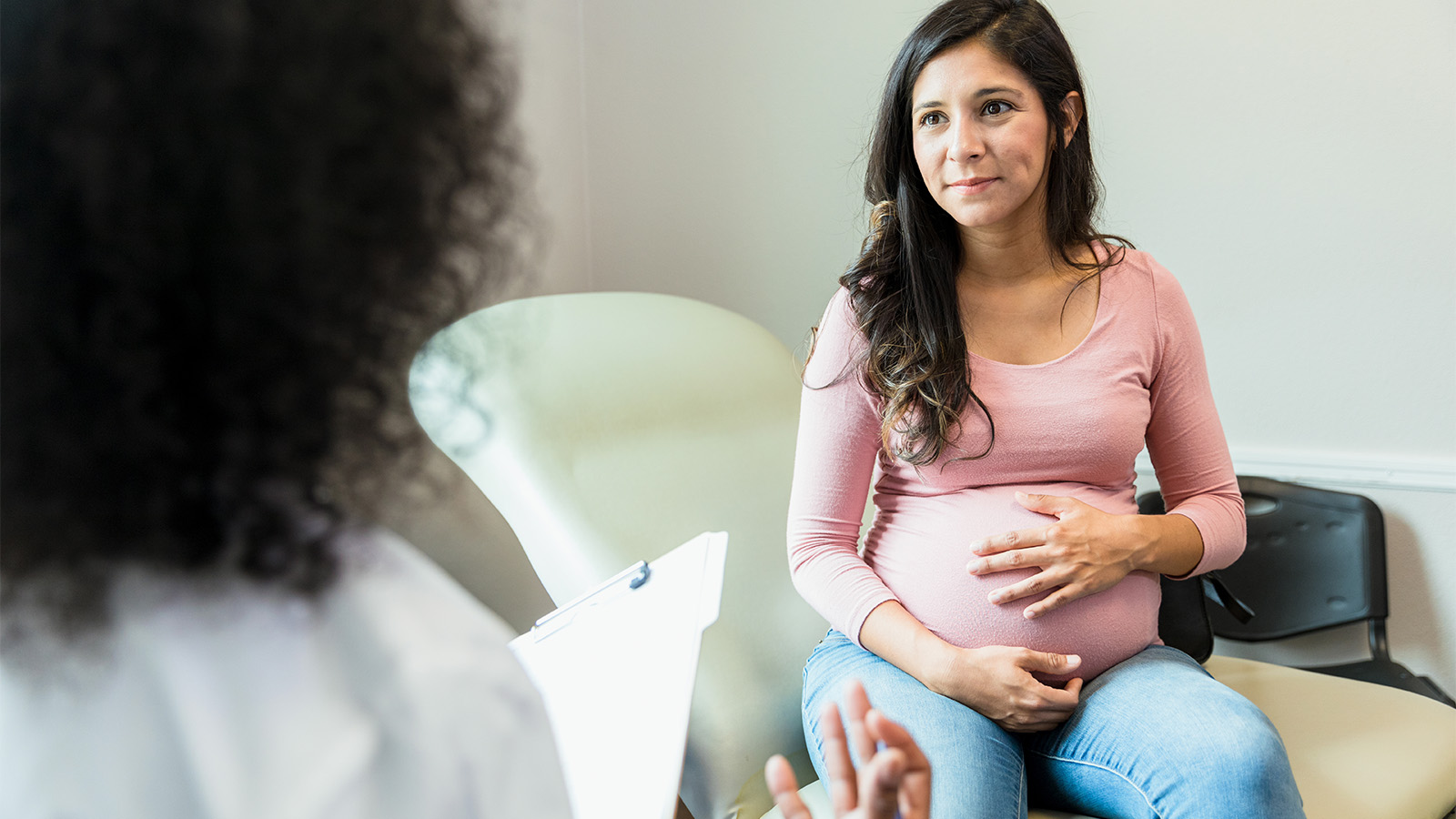
What To Know About Vaginal Discharge During Pregnancy

Is Cancer Hereditary? What You Need to Know About Your Genetic Risks

Tara's Story: From Debilitating Uterine Fibroid Pain to a Half-Marathon Medal

Is Your Post-Pregnancy Belly Bulge a Sign of Diastasis Recti?

Your Guide to Mammograms: When to Get Screened and What to Know

The Top 10 Foods That Boost Your Brain Health
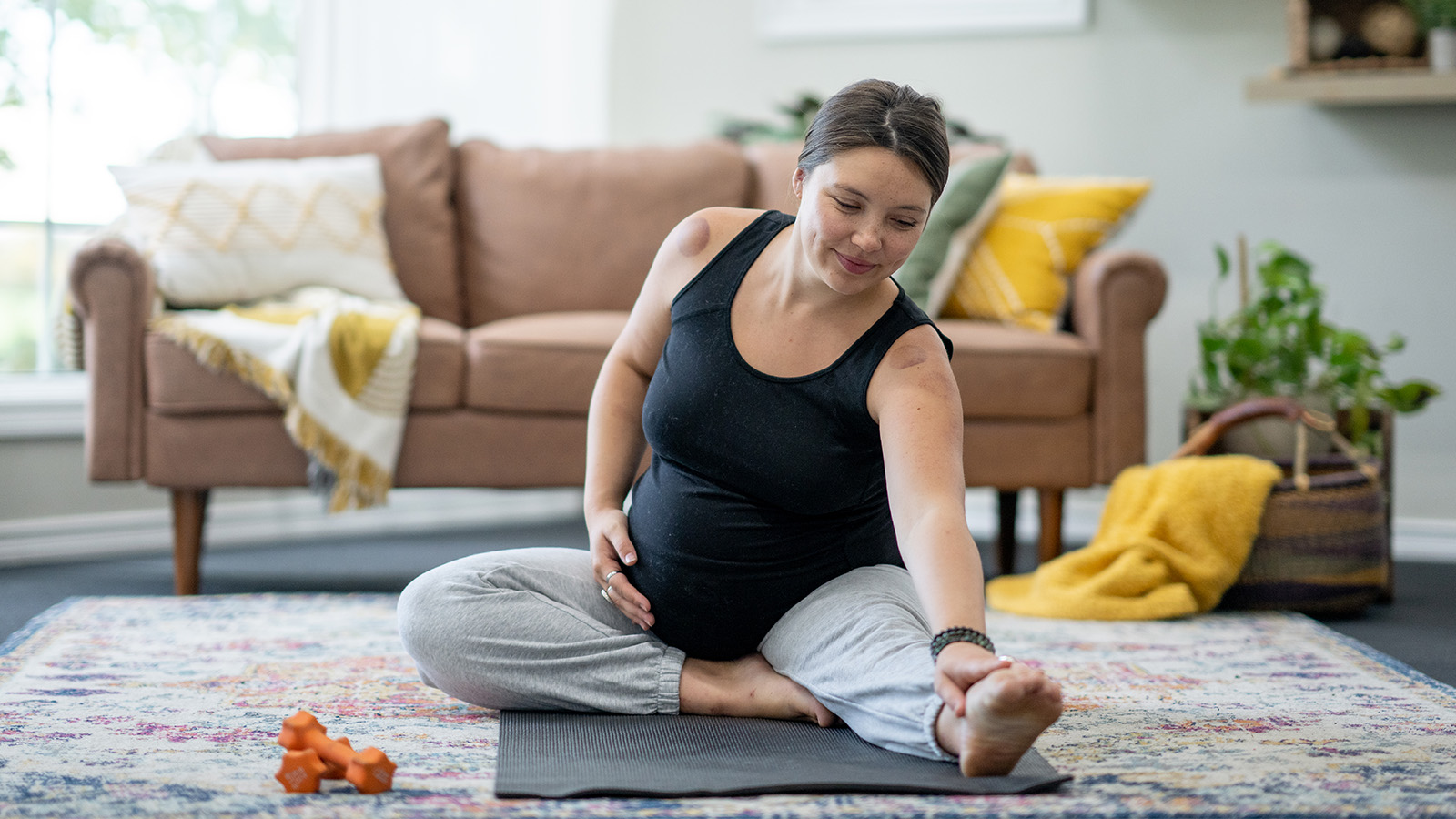
Is It Safe to Exercise During Pregnancy?

10 Ways First-Time Moms Can Avoid a C-Section Delivery

Prevent Yard Work Injuries: Tips for Mowing, Gardening, and Raking

Healthy Weight Gain During Pregnancy: A Guide for Moms-to-Be

How to Curb Nighttime Snack Cravings
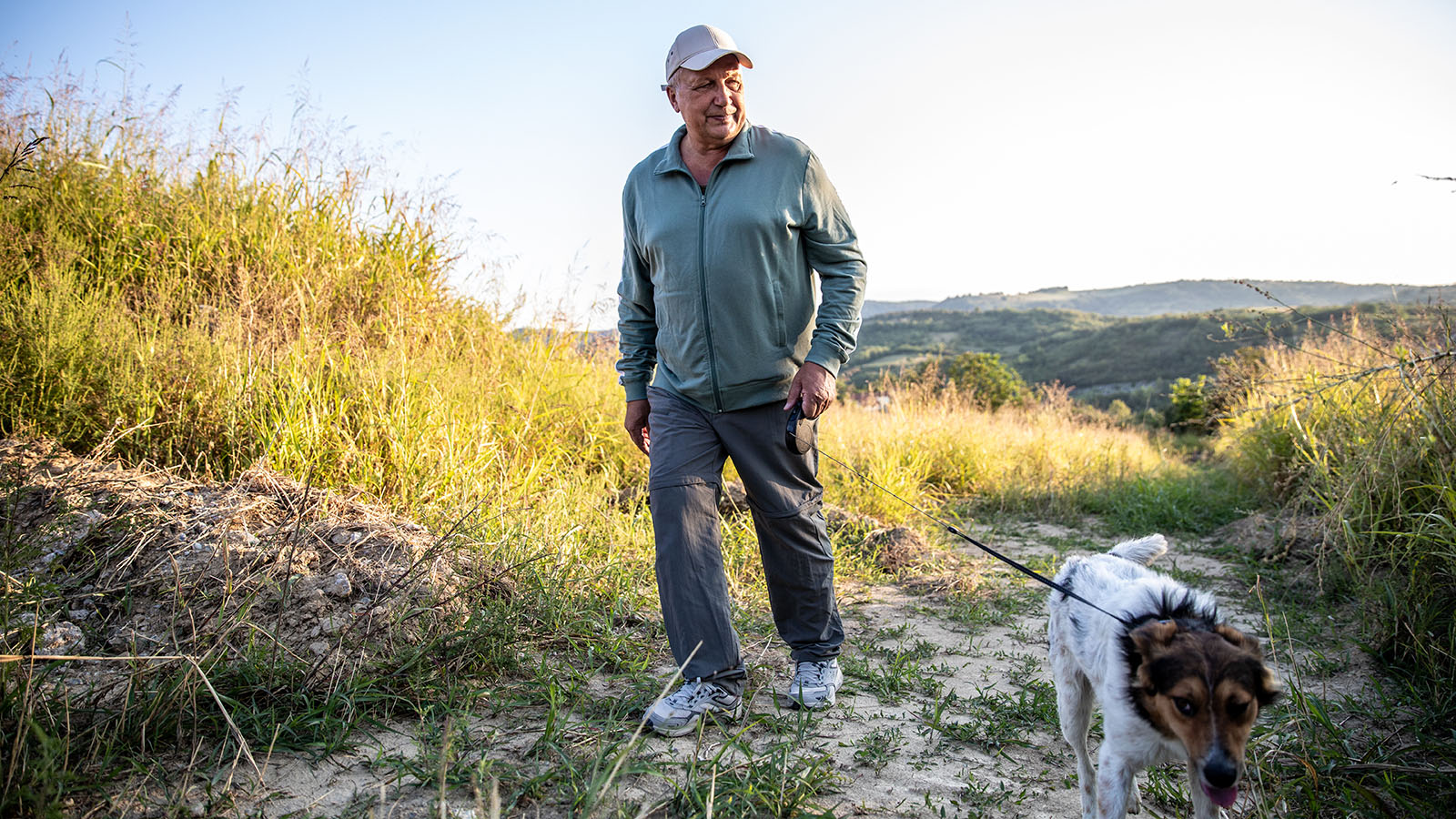
Is Your Daily Walk Making You Really Sore?

IBS and Alcohol: Can You Still Enjoy a Drink?

Focus on Mental Health Is Key Part of Andrew's Weight-Loss Journey

What You Need to Know About Epilepsy

'Feeling Joy Again': ECT Brain Stimulation Therapy Restores Ashley's Well-Being

Not Just for Wrinkles: Botox Injections Promote Improved Bladder Control

Caring Maternity Team Transforms Harley's Pregnancy Crisis Into Lasting Memories

Robotic Hysterectomy, Trusted Care Help Bobbi Shine Again

Easy, Healthy Lunch Ideas for the Beach

How to Stay Cool and Prevent Heat Illness All Summer Long
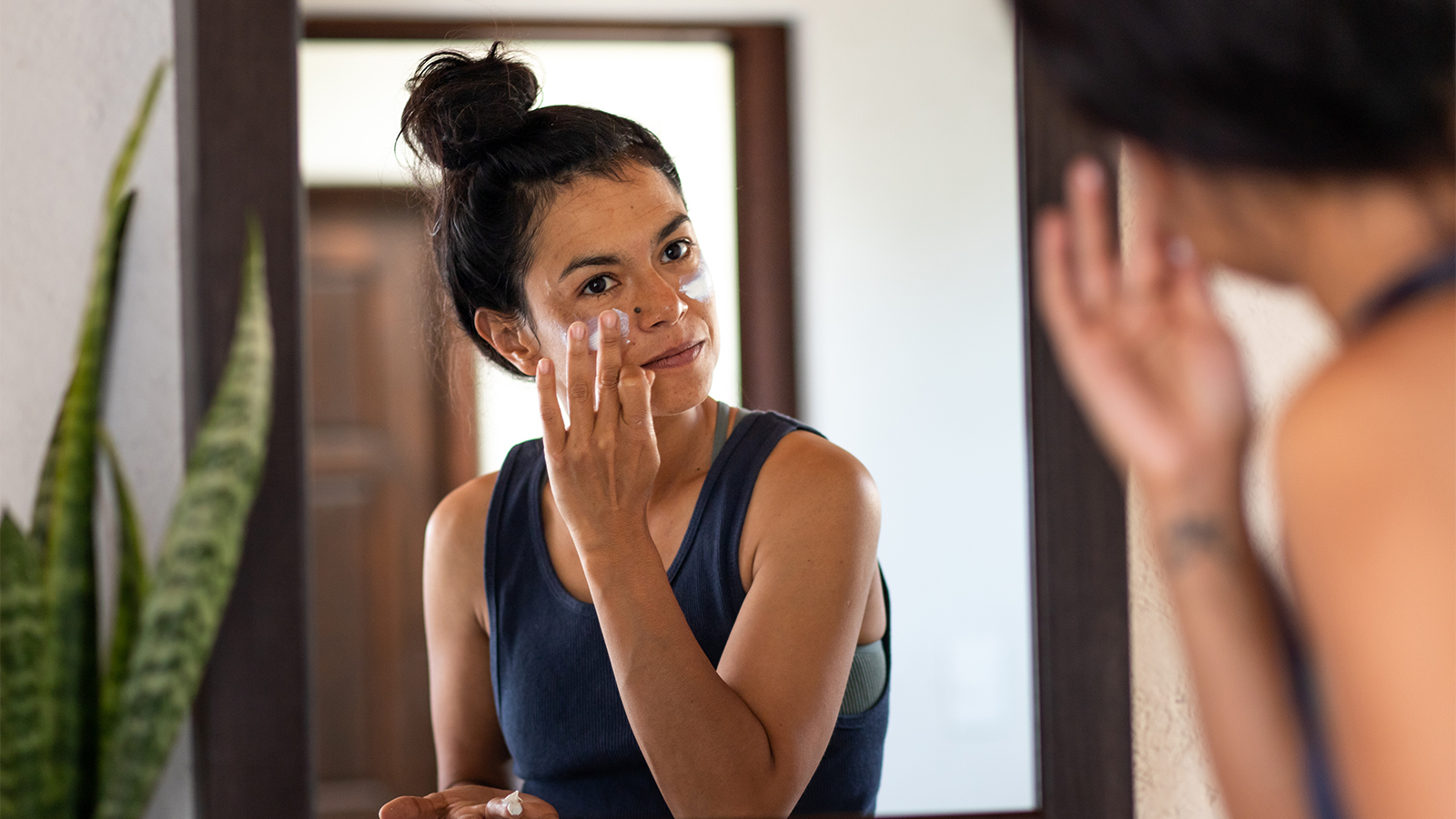
Do Not Get Burned by These Sunscreen Myths

Beat the Bugs and Save Your Summer

What Happens to Your Body When You Don't Get Enough Sleep?
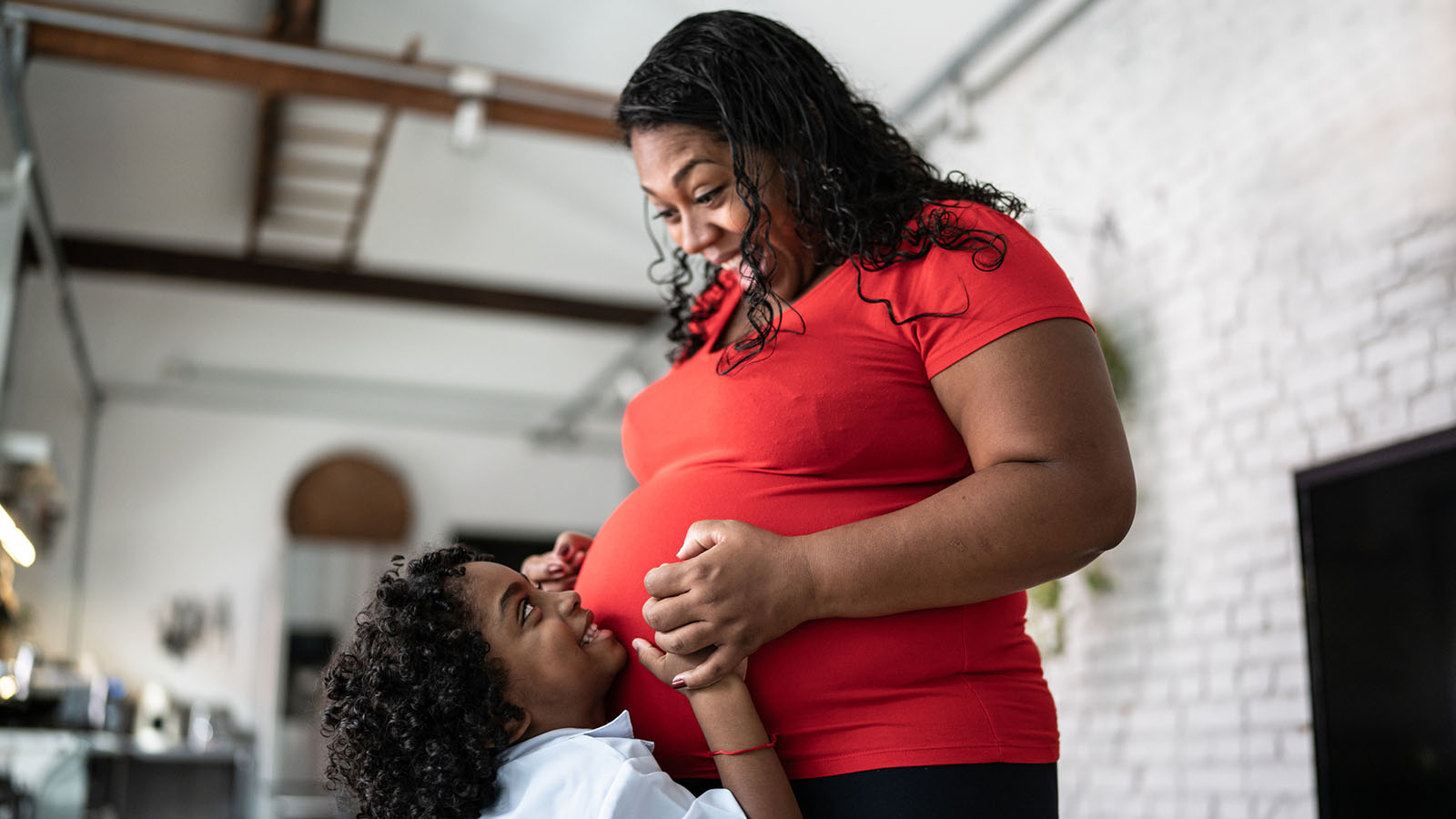
How to Have a Healthy Pregnancy if You're Overweight

Why You Get Sick on Vacation (and How to Stay Healthy While Traveling)

6 Hot Tips for a Safer Summer

4 Surprising Health Truths You Should Know

5 Interesting Facts About Your Heart

Is Low Sex Drive Normal? Revealing the Complex Causes of Low Libido in Women

CABG Surgery: What Women Should Know About Heart Health and Healing

5 Feel-Good Activities to Explore Around South Jersey
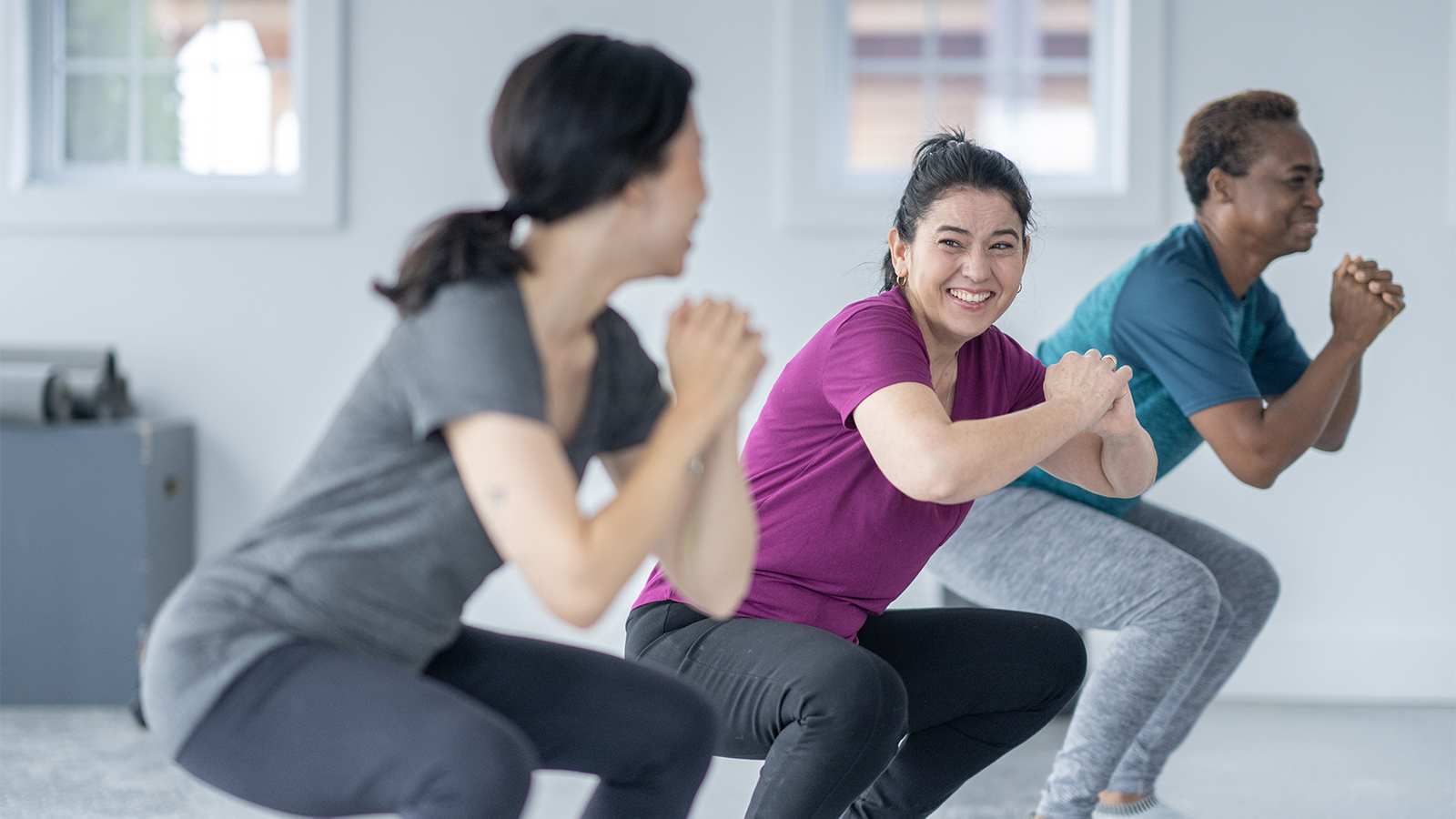
Stress Incontinence vs. Urge Incontinence: What's the Difference?

5 Key Facts About Proton Therapy for Cancer Treatment

3 Changes You Can Make Today to Lower Your Cancer Risk
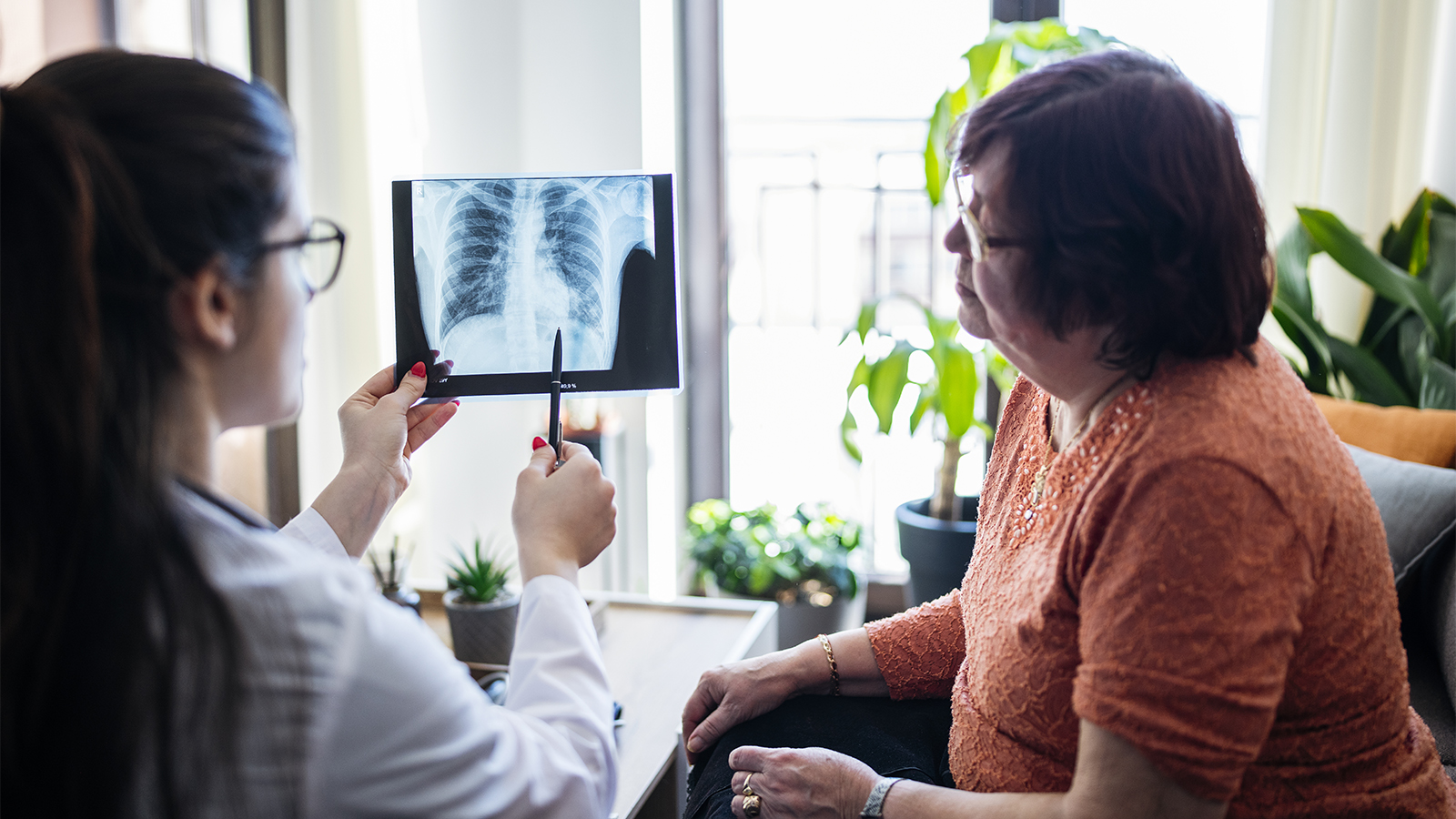
A Lung Cancer Screening Could Save Your Life

Mood Swings vs. Mood Disorders: Know the Signs and Get Help
Are emotional ups and downs disrupting daily life? Learn common signs of mood disorders, and when to talk to a doctor about diagnosis and treatment options.

Take Pride in our Health: Must Dos for LGBTQ+ Preventative Care

4 Foolproof Pelvic Floor Strengthening Exercises for Women

What to Expect During Perimenopause

Protect Yourself From Tick Bites and Lyme Disease

10 Quick Ways to De-Stress

4 Ways to Stay Fit and Healthy on a Budget

6 Tips to Tame Your Spring Allergies

Do You Know the Signs and Symptoms of Uterine Fibroids?

How Are Uterine Fibroids Treated?

Can I Have Sex After a Hysterectomy?

From Restless to Restful: How Movement Improves Sleep

5 Simple Ways to Spring Clean Your Wellness Routine
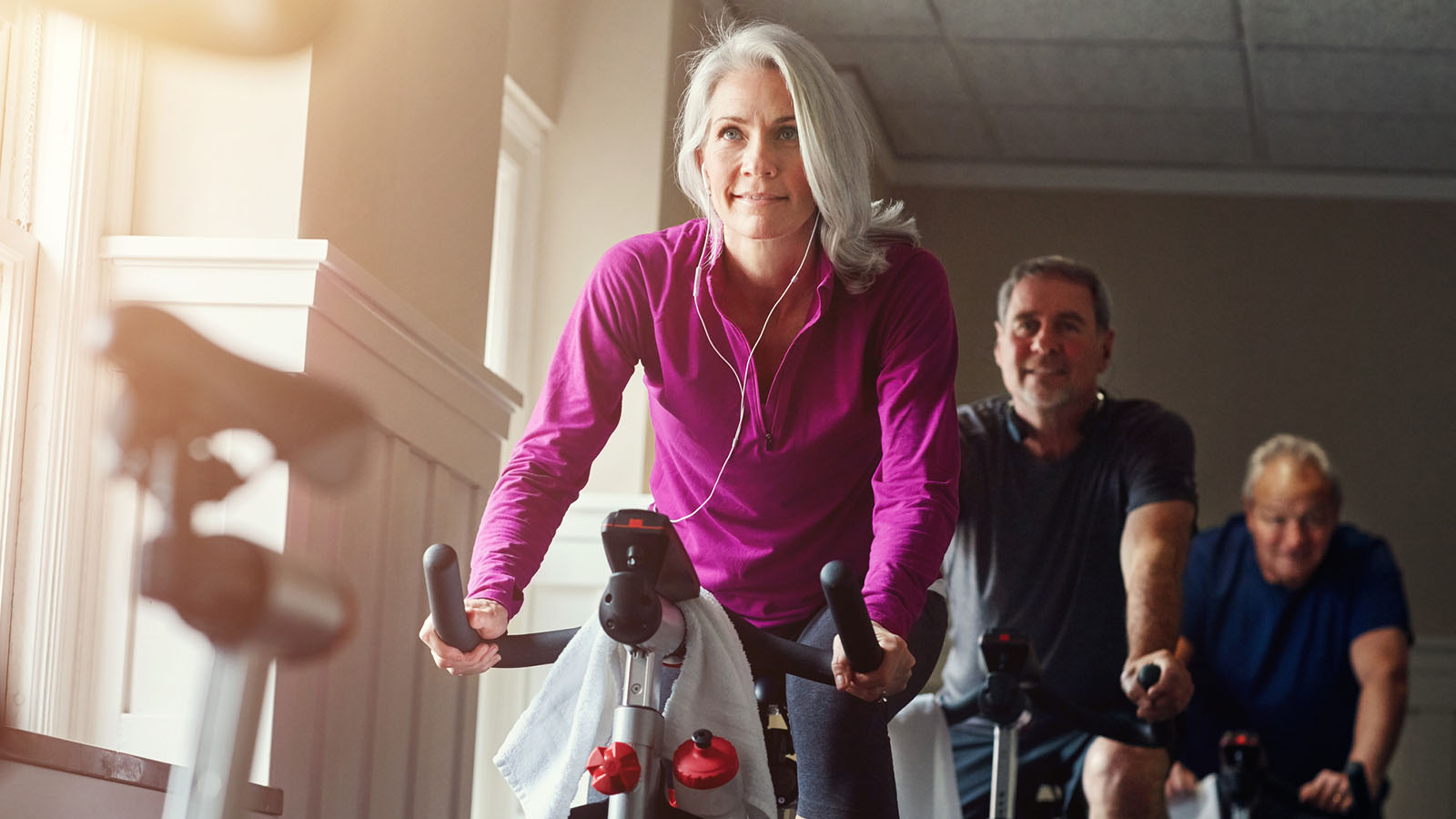
What to Expect From a Robotic Hysterectomy

When You Need A Hysterectomy Know Your Options

Take Control of Incontinence, Prolapse, and Other Pelvic Floor Disorders

How Can I Prevent Bone Loss and Osteoporosis?

How Do You Manage the Side Effects of Weight-Loss Medications?

A Woman’s Four-Step Guide to Fight Back on Back Pain

What You Need To Know About Carpal Tunnel Syndrome

The Truth About Menopause, Weight Gain, and Belly Fat

Shedding Light on Lesser-Known Menopause Symptoms and Solutions

Debunking The Myths About Vaginal Dryness
Inside Look at Blood Vessels Aids PAD Treatment
Denise Davis: Pay Attention to Your Heart Health

What You Need To Know About Stroke Treatment

Best Foods for Kidney Health

10 Smart Ways to Manage Your Diabetes
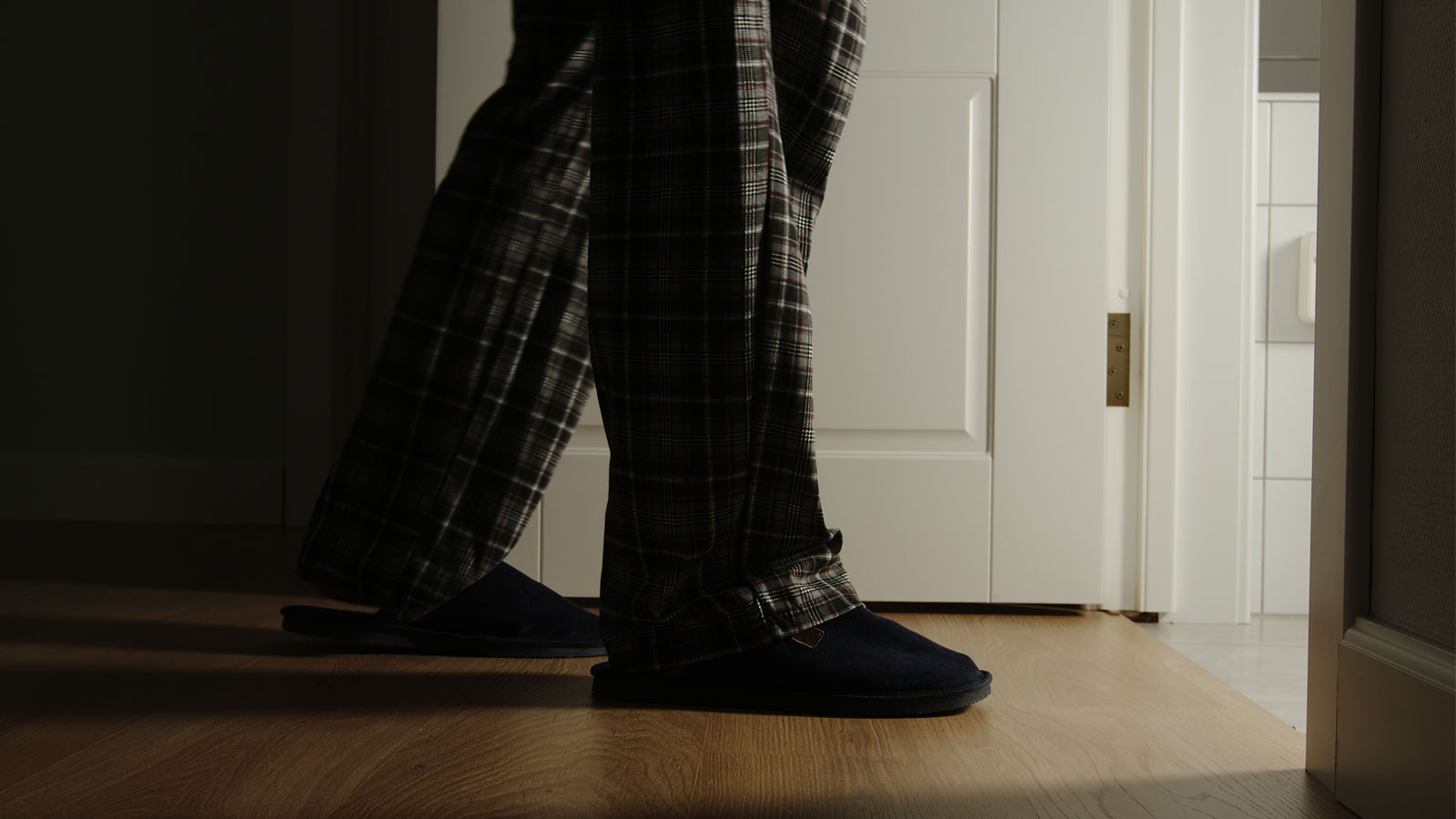
Signs You May Have Chronic Kidney Disease

5 Essential Winter Foot Care Tips When You Have Diabetes

Sweet Music: Trust, Teamwork Save Justin from Heart Attack
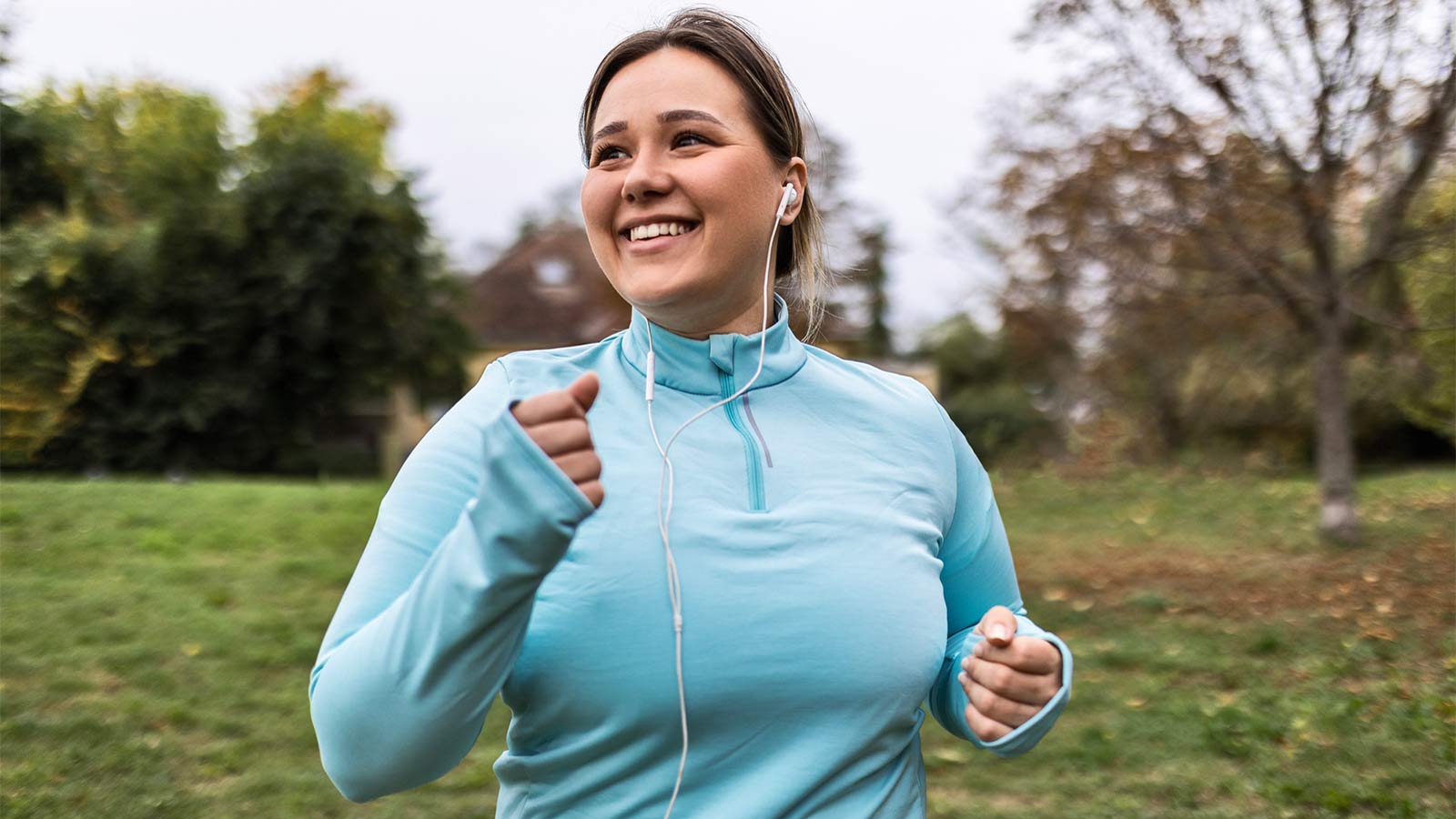
Advanced Minimally Invasive GYN Surgery Puts You at the Center of Care

Complex Heart Surgery Nets James a Lifelong Friend

Your 10-Point Plan to Avoid Winter Weight Gain
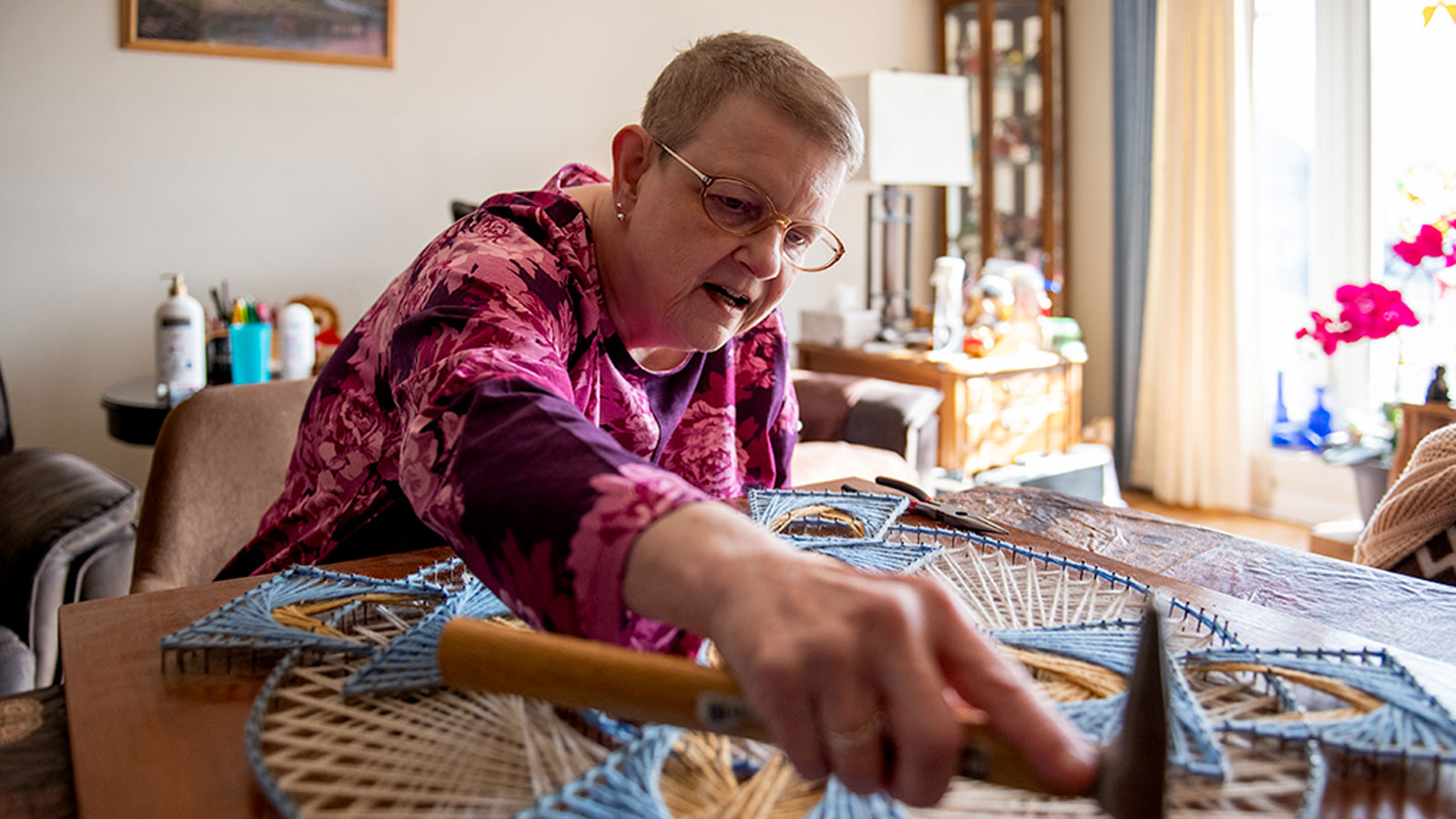
Hepatitis C Kidney Transplant a Blessing For Lee Manns

7 Reasons Why You Want Your Surgeon to Be an Expert in Robotics

Colitis Symptoms Under Control, Jennifer Is ‘Living My Best Life’

How Do I Care for a Wound that Won't Heal?

Surprising Symptoms May Signal Stroke In Women

8 Key Steps to Better Blood Pressure Control
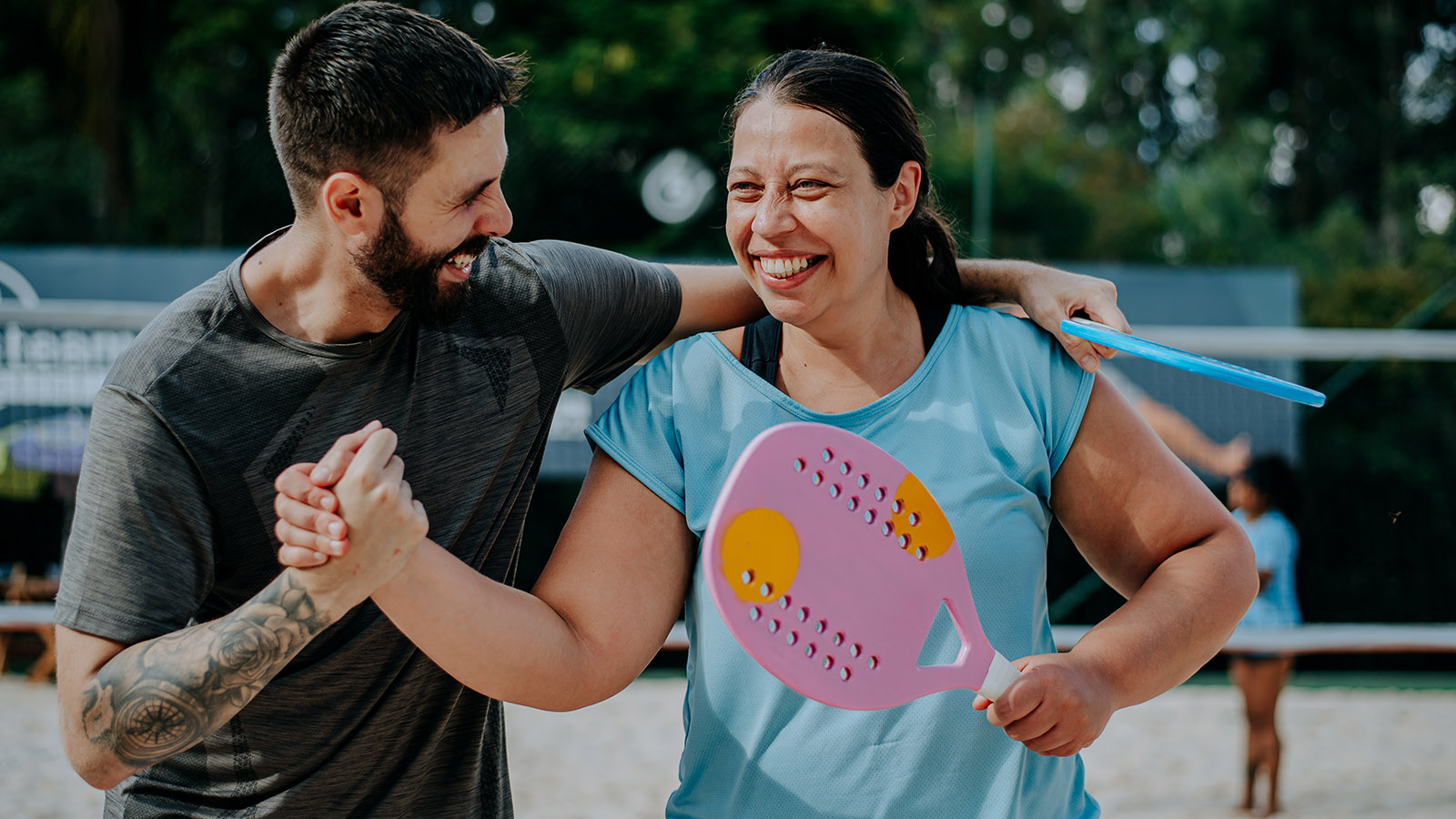
Five Back Pain Risk Factors That You Should Know

Is My Back Pain Normal, or Is It Spinal Stenosis?

Augmented-Reality Surgery Has Bobby Back on Stage, Rocking His New Hip

Robotic Hernia Surgery Combines Innovative Techniques With Faster Recovery Times

5 Back Stretches for the Work-From-Home Workweek

The HPV Vaccine: A Powerful Shield Against Cervical Cancer

How Does Breast Density Affect Your Mammogram?

Menopause: New Insights Into the Power of Hormone Replacement Therapy

How to Prevent and Treat Urinary Tract Infections

Signs You Should Get Treated For Vein Problems

One New Heart Valve Saves Two Lives in the Tritten Family

What You Need to Know About Heart Failure

6 Numbers Key to Keeping Your Heart Healthy
Lung Valve Surgery Relieves COPD, Emphysema Symptoms

4 Easy Ways to Treat and Prevent Runner's Knee

Lung Screening, Robotic Technologies Get Pat Kicking Up Her Boots Again

Breast Cancer Diagnosis Inspires Catherine to Help Others

Jasmine’s On-Air and Pain-Free After Gallbladder Surgery
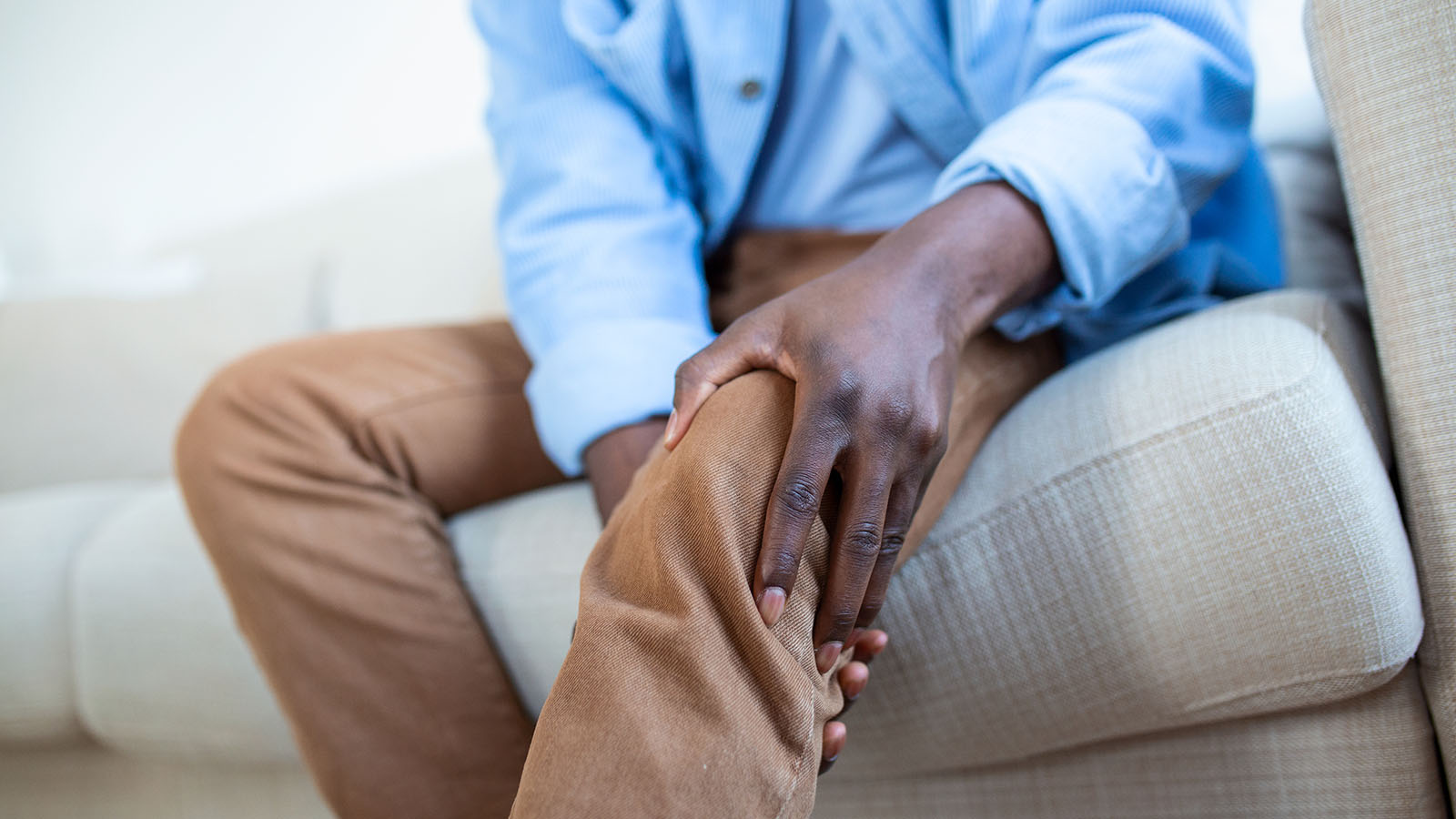
When Should I See a Doctor About My Knee Pain?

Quick Action Leads to Jesse's Recovery From Stroke

A Non-Athlete’s Guide to Shoulder Overuse Injuries
Shoulder problems aren’t limited to athletes. Virtua orthopedic surgeon Sean McMillan, DO, explains shoulder overuse injuries and prevention in this article.

Put Lower Back Pain Behind You With This Ten-Step Guide

Wide-Awake Hand Surgery Speeds Recovery, Puts Control in Patients' Hands

South Jersey Veteran Thrives After Cross-Country Kidney Donation

Five Mindfulness Tips That Can Help Heal Your Heart
Working from Home? Take a Quick Break to Stretch Your Wrists

3 Ways to Avoid Knee Pain

When Should I See a Doctor for My Hip Pain?

When Should I See a Doctor About My Shoulder Pain?

Is My Back Pain Normal, or Is It Sciatica?

Is My Back Pain Normal, or Is It a Herniated Disk?

When Is It Back Pain, and When Is It Something More?

Watchman Heart Device: a Technological Breakthrough for Blood Clot Prevention

Albert's Emergency Cardiac Surgery Is a 'Story of a Lifetime'
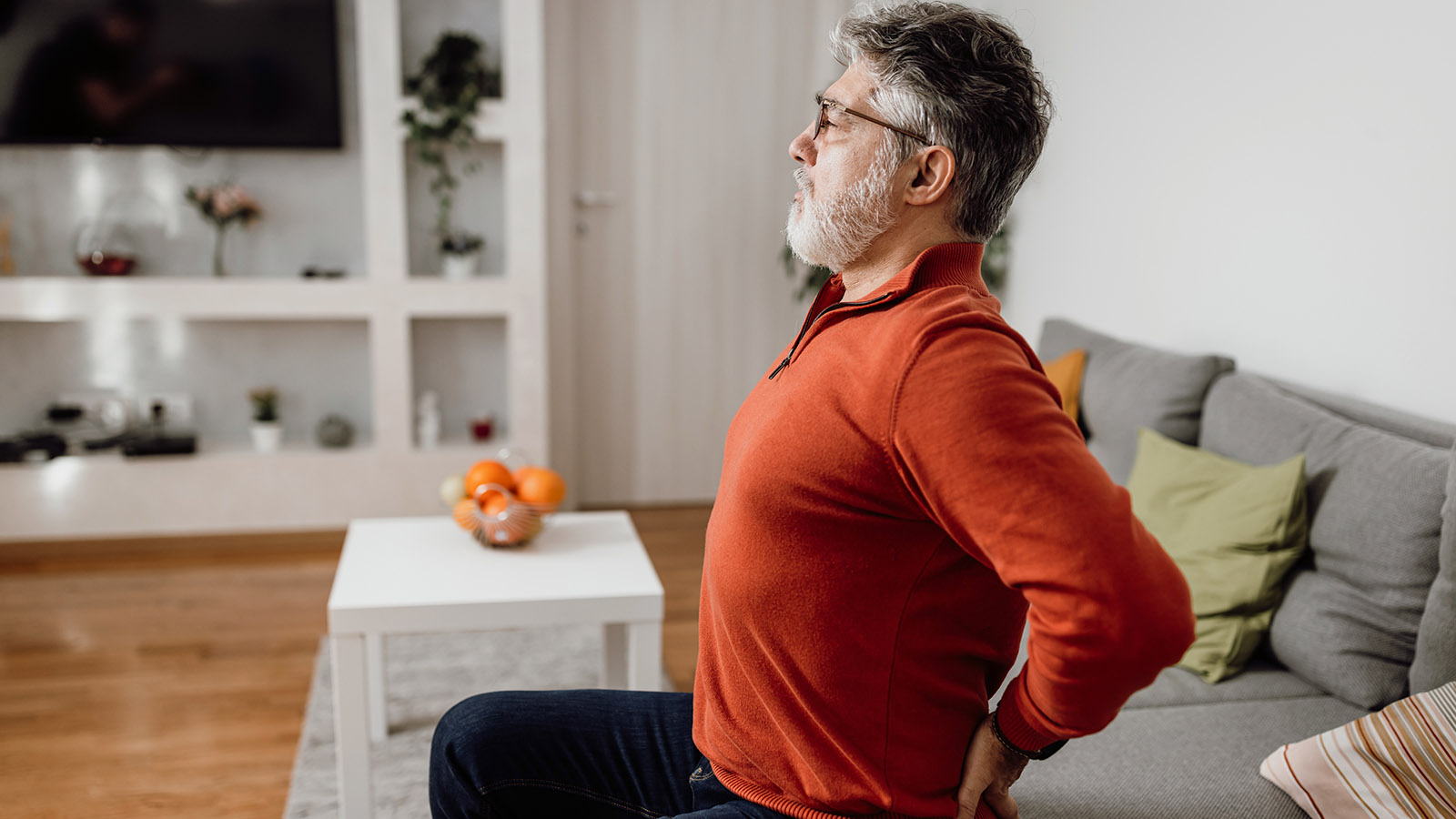
What Can I Do Right Now About My Aching Back?

How Do I Get Rid of This Back Pain for Good?

Love Your Heart: Essential Care Tips for Every Stage of Life

How Do I Measure My Blood Pressure at Home?

How Do I Improve My Cholesterol Levels?

3 Ways to Reduce Your Stroke Risk

When Should I Be Worried About My Neck Pain?
Advanced Heart Failure Therapies Get Bernadine Back to Full Speed

Sarah Wins Back Her Health After Crohn's Disease Diagnosis

Overcoming Addiction, Philip Now Sees More Positive Side to Life
Firefighter's Successful Lung Cancer Care at Virtua
A Lung Screening Put Teresa Back in the Race

A Breast Self-Exam Saved Kristen's Life

How Sex Keeps You Healthy as You Age

Protect Your Child From HPV and Related Cancers

Why IUDs Might Be The Most Effective Birth Control

5 Things You're Too Embarrassed to Tell Your OBGYN

4 Not-So-Crazy Questions to Ask Your Doctor

Early Treatment is Best to Relieve Hemorrhoid Symptoms

The Top 10 Foods For A Healthy Diabetes Diet

Keeping the Beat: Advanced Heart Surgery for Aortic Aneurysm
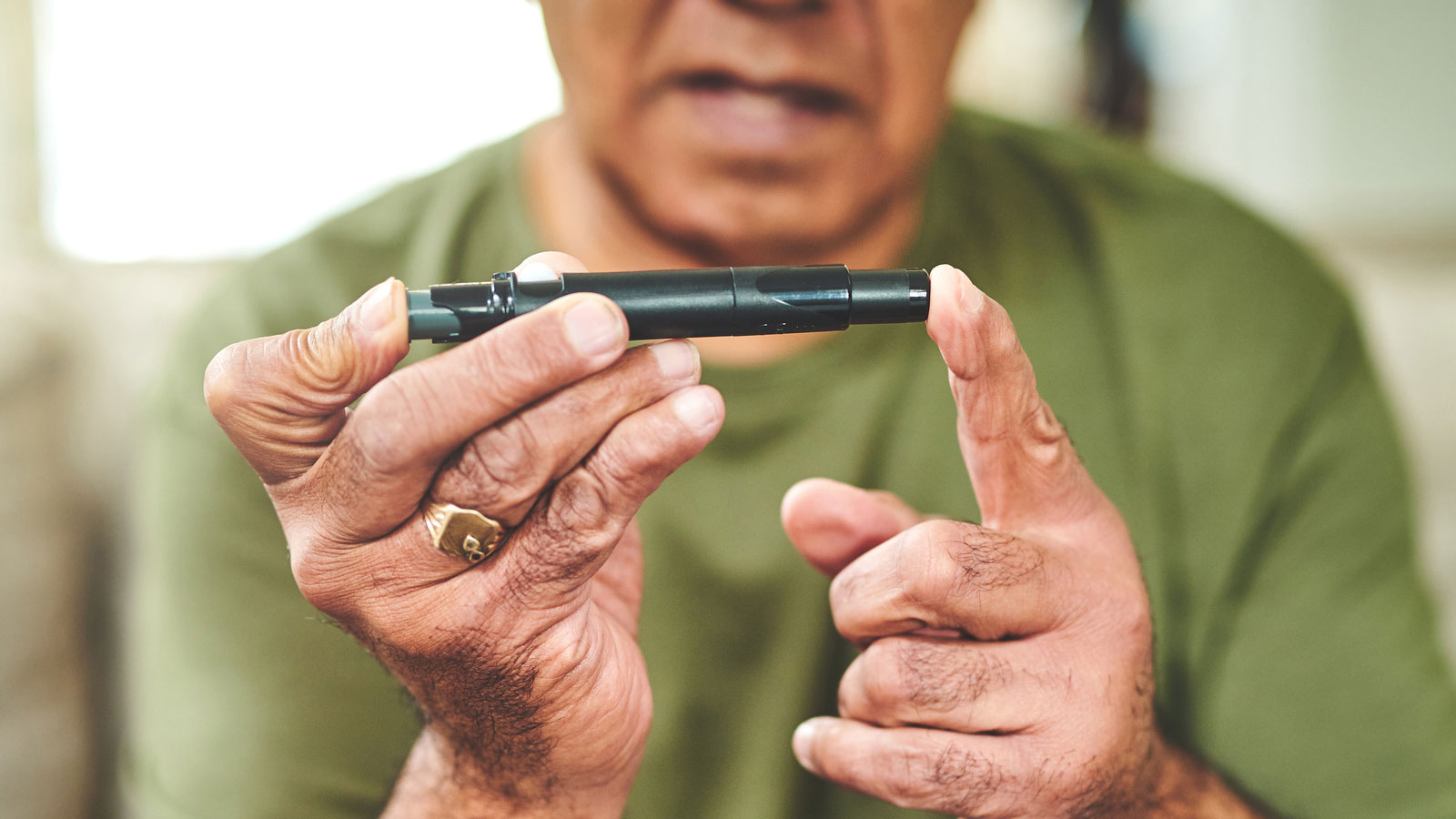
Are You At Risk For Chronic Kidney Disease

Local Pastor Makes Kidney Health Mission of Ministry

What’s the Difference Between Type 1 and Type 2 Diabetes?

All for Bear: Dan Loses Weight to Be His Son’s Kidney Donor

Hyperbaric Wound Therapy Puts Joette Back in Motion

Robotic Hernia Repair Renews David's Active Lifestyle

